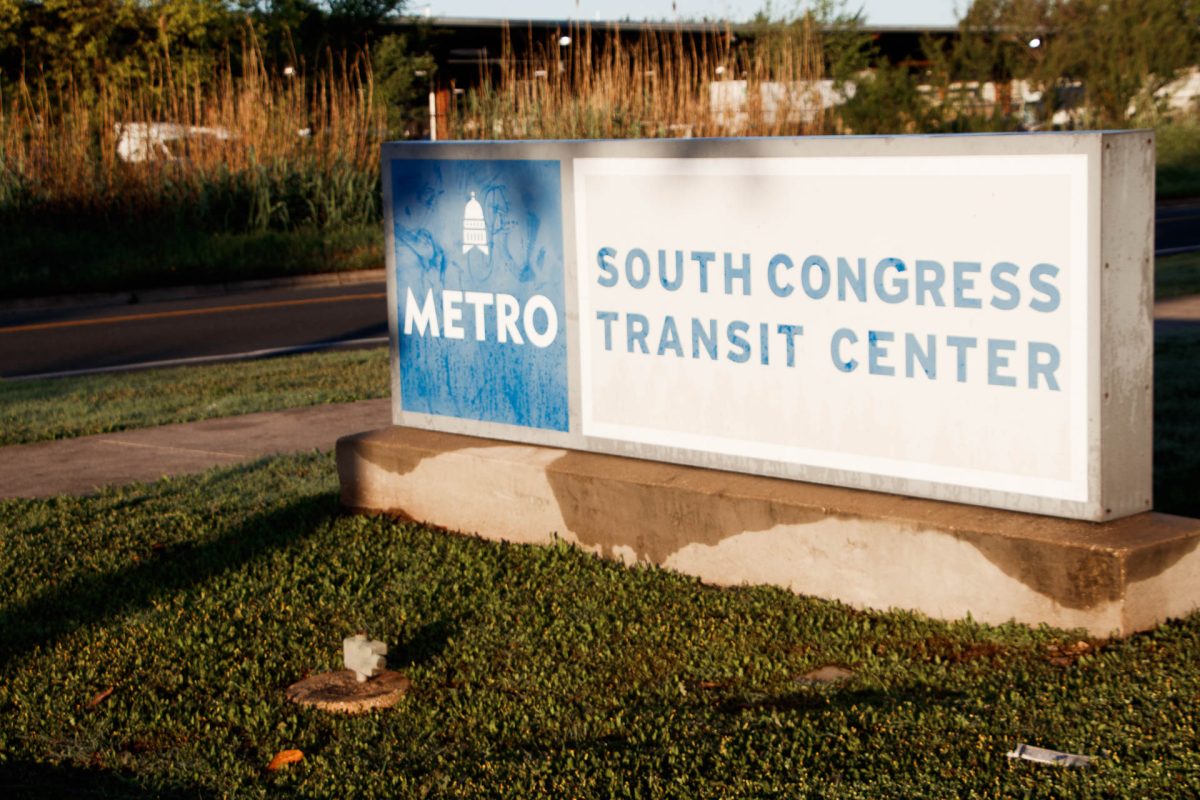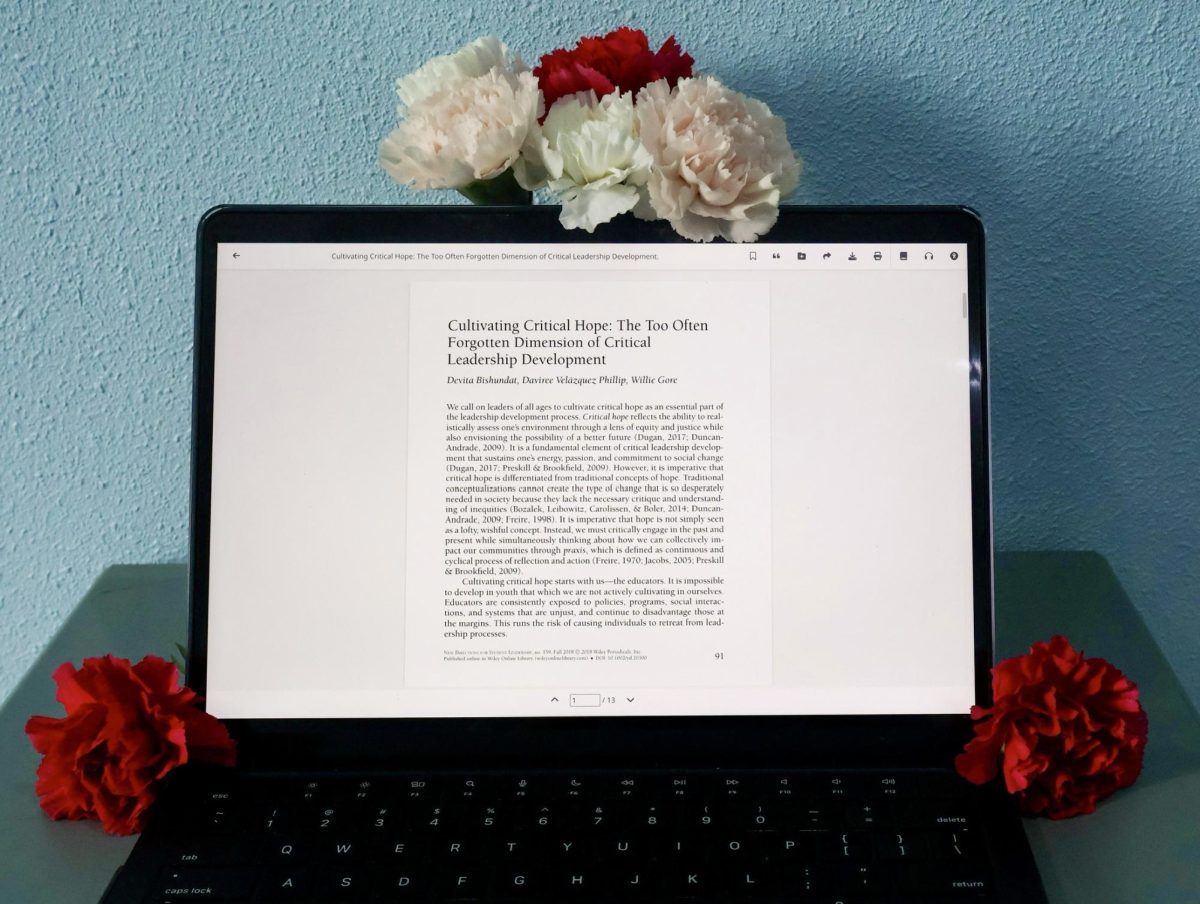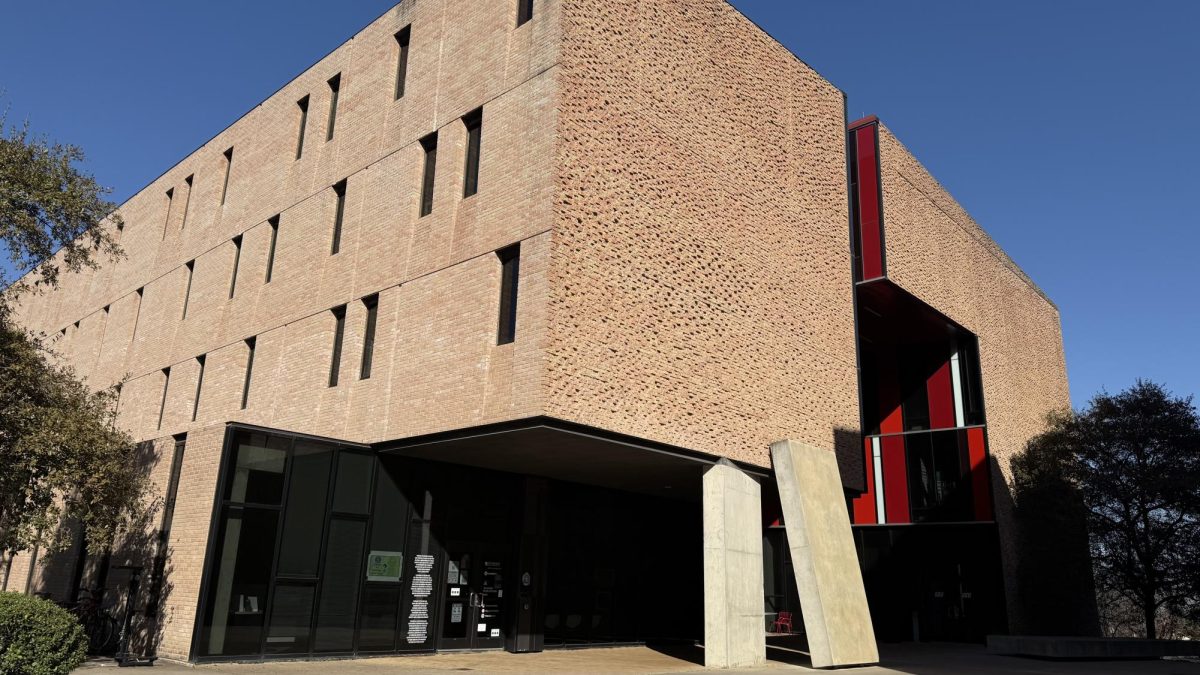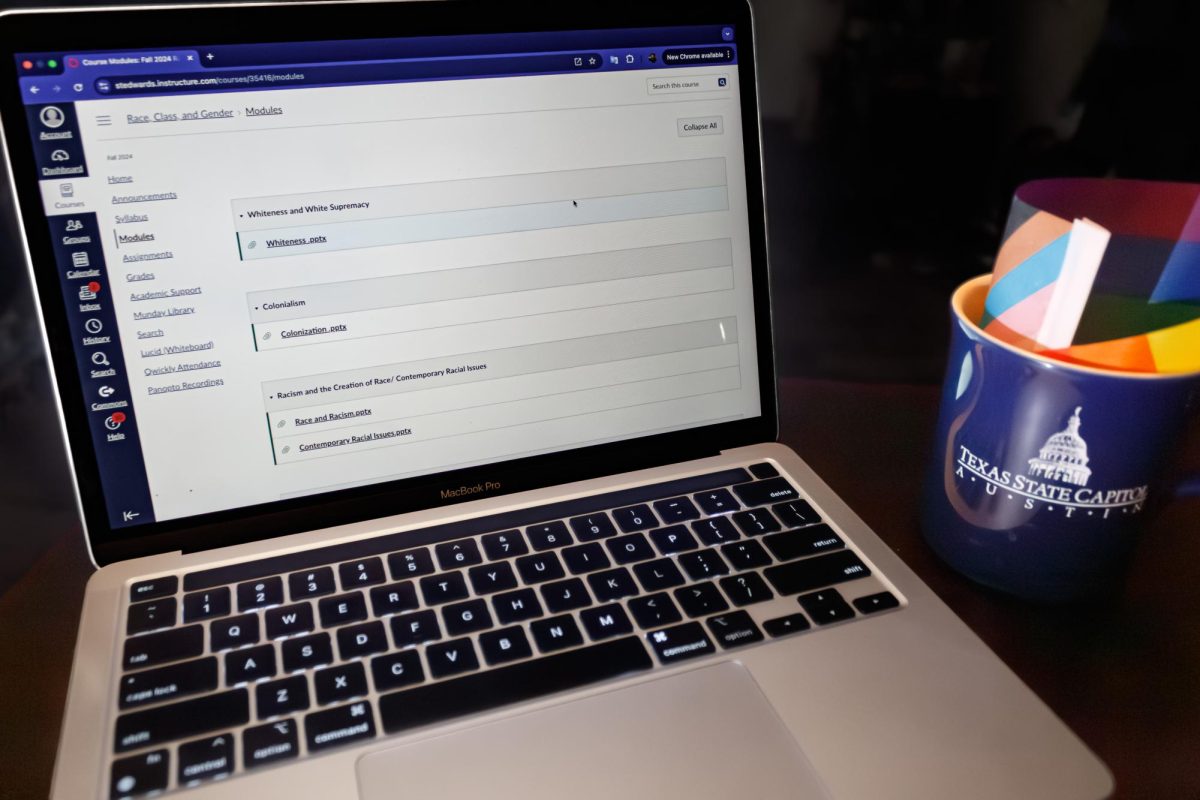The Texas Attorney General Ken Paxton has recently filed a plea to the District Court of Travis County for the judge to overturn the Project Connect tax rate and bonds which were voted into effect in 2020. Paxton has challenged the legality of the tax rate after the city’s non-profit liaison Austin Transit Partnership (ATP) filed for an expressed statement from the court on their eligibility to borrow loans. The contentious Project Connect is in serious jeopardy if Paxton’s challenge is approved by the courts, because it will demolish the entire funding mechanism for the project: property taxes are the only way for the ATP to get the substantial capital necessary to apply for local and federal grants.
In previous cases where Paxton has challenged Texas Transit, they have primarily failed — such as his lawsuit against Texas Central Railroad & Infrastructure Inc. However, even if Texas courts have a propensity to side with transit, Paxton’s case has incredibly solid legal foundations, such as the Texas Government Code. Because of this, it is possible that Project Connect will have to seriously restructure after this lawsuit if it hopes to continue its operations.
However, even if Project Connect gets struck down, this does not spell the end of transit in Austin. There are many options for the city to expand equitable transit, such as providing reduced transit fare for certain individuals and expanded bus routes.
Paxton’s plea is the latest legal action in a series of several legal matters surrounding the proposed transit plan in Austin. Principally, it follows an opinion written in 2023 by the attorney general and a lawsuit filed by the restaurant Dirty Martin’s. Although a majority of Austin voters approved the 21% increase in property taxes, the dissension against the project also originated from Austinites.
In the lawsuit filed by Dirty Martin’s, a longstanding Austin business, and other plaintiffs, they cited that the project has broken their “Contract With The Voters” which was set up with Proposition A.
As a legal argument, I find this dubious, as it would implicate every decision done on the part of the city towards its citizens. There has been a wealth of failed civic projects in every U.S. City, and projects which have had to take dramatic shifts. Democracy is a contract made between the government and its constituents that has been in place for hundreds of years. Because of this, it is irrational to issue a lawsuit whenever a government agency does not work in the way you want, as this would open the floodgates for any group to sue when the government pursues an initiative that they find disagreeable. Instead, change can be initiated by directly communicating with one’s representatives, and, if there is a lack of action still, a potential recall of these officials.
Additionally, their lawsuit references the Texas Tax Code, which outlines what Maintenance and Operation Taxes can be used for. Per Texas Tax Code’s Chapter 26 Section 16, “maintenance and operations means any lawful purpose other than debt service for which a taxing unit may spend property tax revenues.” However, in Paxton’s plea, he has a much larger legal ground for his argumentation. In the plea, Paxton references the Texas Government Code and its subchapter on “Expedited Declaratory Judgements.” Specifically, he calls into question the status of ATP to be an issuer of bonds. Based on the criterion he has listed in his plea, Paxton has stated that there is no legal ground for the processes that city officials wish to go about.
“Neither ATP nor the City of Austin, therefore, is an “issuer” of the bonds under the plain meaning of the EDJA statute, and this court lacks jurisdiction over this suit,” he stated in the court filing.
If Project Connect is unable to issue bonds, it will be unable to secure funds the way it initially intended. This is because the project requires “high upfront costs” in terms of construction and land acquisition. Even if half of the $7.1 billion budget is meant to be “supported by Federal grants and commitments,” that still leaves around $4 billion left to be paid by the City of Austin. A price tag footed by the taxpayers.
For a project meant to be for the benefit of Austinities, the actions by the State and city seem to have left out the voices of the citizens from the beginning. If Austin voters had been informed of the potential risk of Project Connect being challenged directly by the state, these voters might have demanded a more secure method of funding.
Though the pleas and lawsuits have certainly caused a headache for the city officials listed as defendants in the cases, the true losers of the cases are Austin’s citizens who will potentially lose the proposed light rail system that their tax dollars were to be allocated towards. As politicians fight in the Travis County District Court, 800,000 Austin citizens lack access to rapid transportation in a city with growing congestion and abysmal parking.
If Project Connect’s funding mechanisms get struck down in court, Austinites must urge their council members and city officials to push for better CapMetro programs. There is a wealth of opportunity for transit in the city beyond light rail systems, such as expanded bus routes.





















